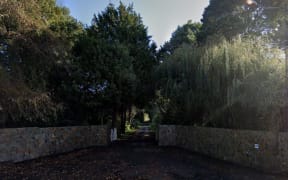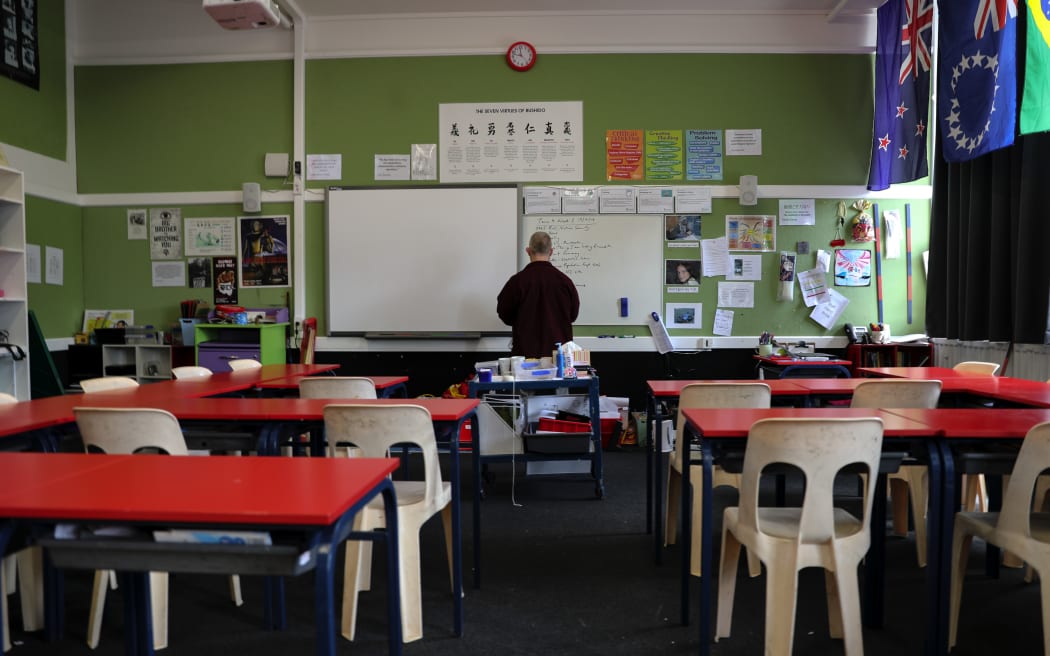
Photo: RNZ / Richard Tindiller
A survey of secondary school teachers suggests it's likely a majority of schools are failing to meet the recommended teaching time for relationships and sexuality education (RSE).
Time constraints and little priority given to the subject by senior management were cited as the biggest barriers.
A total of 191 RSE teachers from across the motu responded to the anonymous online survey, run by Canterbury University, Family Planning and the Health Education Association.
The results were released this morning at Christchurch's Avonside Girls' High School, which earlier this month was one of two schools to release the results of school surveys into sexual harassment.
A key finding was the "concerning" amount of time schools allocated to RSE.
More than 50 teachers said their Year 9 and 10 students received fewer than 10 hours per year - and at least 10 said students received no RSE.
The Ministry of Education recommended schools allocate 12 to 15 hours of RSE per year up to Year 10.
Time constraints were found to be the biggest barrier to offering a quality curriculum.
"Every Health lesson (including RSE), ākonga (students) walk away buzzing that their kete has been filled with a little bit more knowledge, tools and skills to help them navigate the world and their relationships; that's only once every two weeks. Imagine how our ākonga and communities could flourish if they had high quality RSE three times a week," one teacher said.
Many also believed the little time spent on the subject was due to its status within their school.
"We have the trained staff and resources at my school; we just need it to be valued," a teacher said.
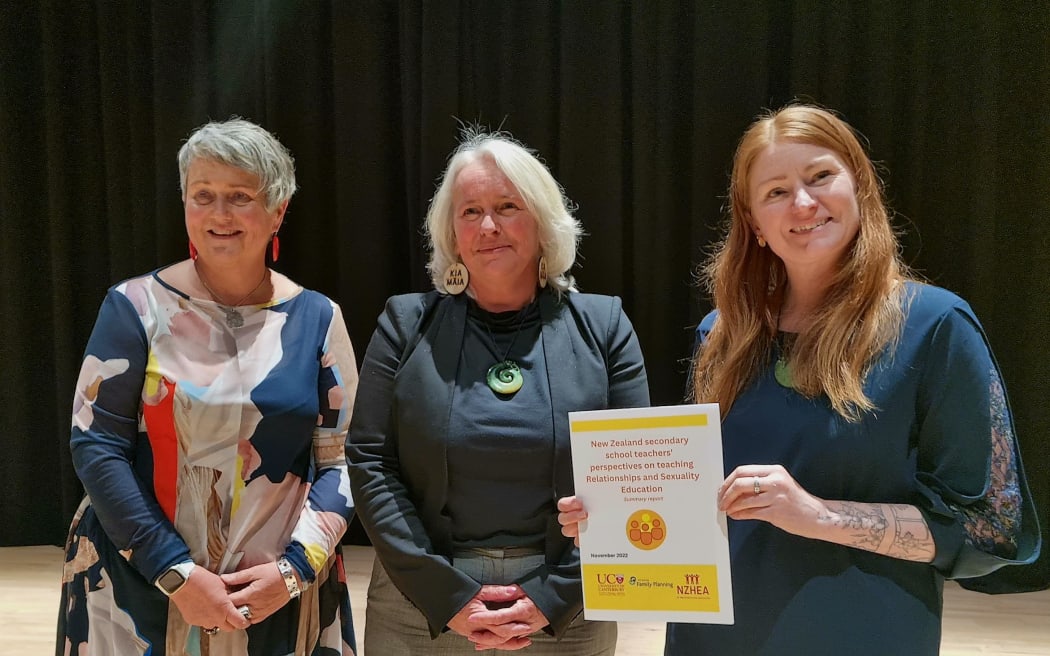
Jackie Edmond, chief executive of Family Planning; Catherine Law, Avonside Girls' principal; and Dr Rachael Dixon, the lead author of the survey. They are posing with a copy of the results summary. Photo: RNZ/Niva Chittock
"It comes down to how much the school values this, who is leading it, the resources and development around how they are used," another said.
Teachers surveyed also repeatedly pointed out there was little to no time made for professional development or further training for teachers.
"This needs to be taught by specialist health teachers not just anybody ... so that it is not just left to chance whether a student receives quality RSE ... we need to stop school getting an outside provider in and then saying yes we do RSE and tick a box. That is not quality RSE," one teacher said.
More than 95 percent of teachers surveyed were confident in teaching anatomy, physiology, pubertal change, relationships, gender stereotypes, communication skills, consent and coercion.
Respondents indicated all but two topics were planned for - modern developments in HIV, and sexual violence.
Pornography, digital and cyber safety in sexual situations, and alcohol and drugs relating to sex, were less commonly covered.
Patterns of topic coverage were largely repeated across all school types.
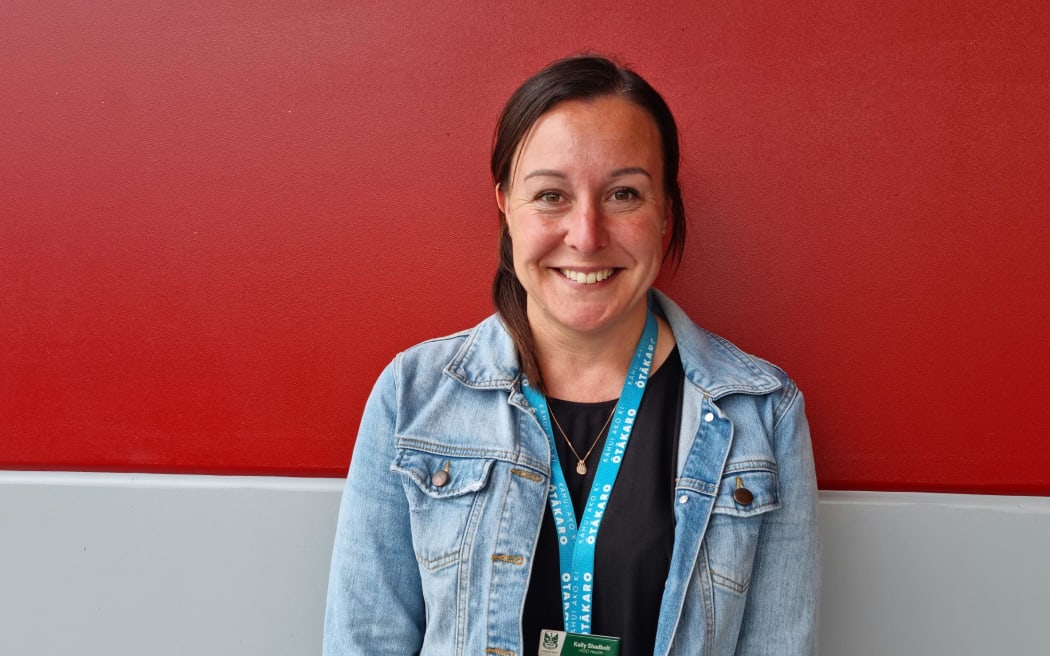
Avonside Girls' High School Head of Health, Kelly Shadbolt Photo: RNZ/Niva Chittock
But state-integrated, or religious schools, had "substantially higher rates" of topics not included in their curriculum than state schools.
Of respondents, 20 percent at religious schools said conception, contraception and sexually transmitted infections (STIs) were not taught.
And 25 percent did not include sexual violence, while 30 percent said HIV and pornography were not covered.
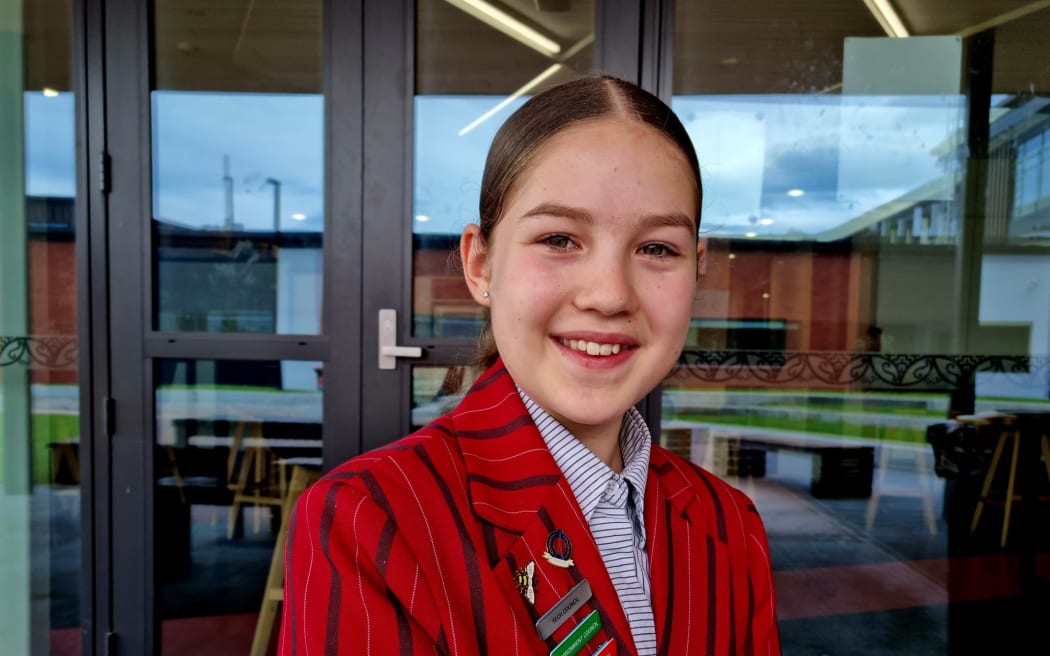
Year 10 student Zoe Croot Photo: RNZ/Niva Chittock
These teachers said striking a balance between what students needed and faith-based values was often difficult.
"I believe it is my imperative to teach kids about the world they are going into, which sometimes causes conflict with our special character, and parents' ideas about what the world looks/should look like," one said.
Some respondents also discussed the need for indigenous knowledge to be embedded in RSE.
"How to apply tikanga and mātauranga Māori into units of work - not just a token unit or words spoken but a deep cultural understanding that enhances our students' learning," one said.
Boards of Trustees must consult with school communities at least once every two years on their draft health curriculum but teachers who took part in the survey said community engagement was hard to manage, with parental opposition a key factor.
"Having enough time to organise a community consultation, alongside my school workload is difficult (I don't know where to begin)," one response said.
"[There is] push back from parents who aren't open or inclusive within their household and therefore transfer their own attitudes and values onto students. This may be due to location of teaching, where racism, sexism and homophobia is extremely prevalent in our community," another teacher said.

